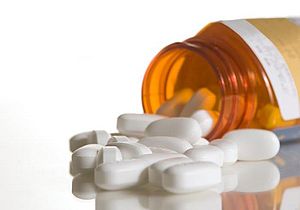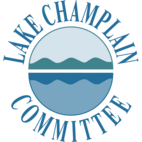National Drug Take Back Day - April 27, 2024

Unwanted and expired prescription drugs left in your medicine cabinet might seem harmless, but they are a common cause of accidental poisonings in children and are a risk for drug addictions and overdoes. This is especially true for prescription opioid painkillers. These leftover pharmaceuticals pose a threat to public health and the health of our local environment.
Pharmaceuticals that are flushed down the toilet pass right through wastewater treatment plants and into our waterways. Wastewater treatment plants are not equipped to screen these substances out before returning the water to our watershed. Currently, there are no financially viable technologies available to remove pharmaceuticals from our wastewater.
These substances can have detrimental effects on aquatic organisms because they are biologically active, which means that they have an effect on a living organism's biology - and not just the humans they're intended for. Many medications act as endocrine disruptors, affecting the way hormone production and transmission occurs in aquatic organisms that are exposed to them. This hormonal imbalance can lead to skewed sex ratios in species, meaning that there are far more females than males or vice versa. Skewed sex ratios cause reproductive issues and eventually population declines in many aquatic species like fish and frogs. Birth control medications pose the greatest environmental threat because of their known endocrine effects, but other types of medicines like antidepressants are suspected of affecting hormone transmission as well.
Help prevent unwanted prescription drugs from entering our neighborhoods and waterways by participating in National Prescription Drug Take Back Day on Saturday April 27, 2024. To find permanent year-round drop off sites near where you live, enter your zip code here.
